Struggling to queue up to apply for social housing
Hanoi is a special urban area with a high population density but a serious lack of social housing, making it very difficult for low-income people to own a home.
In recent days, people have had to queue day and night to buy apartments at the NHS Trung Van social housing project invested by NHS Construction Investment Joint Stock Company (NHS Company).
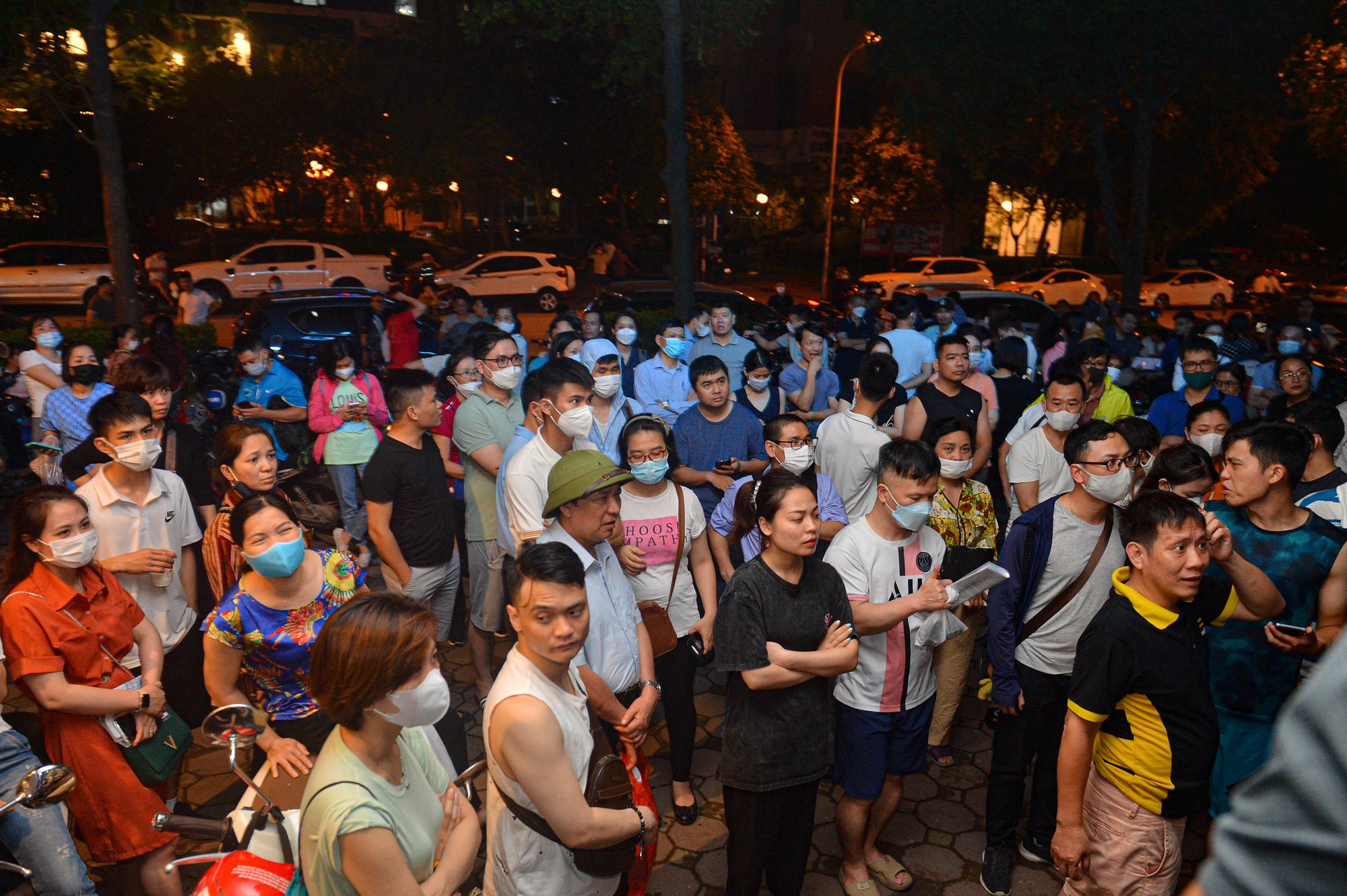
People queue up day and night to submit applications to buy social housing at the NHS Trung Van project, Nam Tu Liem District, Hanoi.
Mr. Nguyen Van Tien (38 years old), from Son Tay town, said he was renting a room with his two children, and when he saw that the NHS Trung Van project suited his needs, he tried to buy an apartment. According to Mr. Tien, the couple had to take turns queuing for 3 days and nights at the NHS Company headquarters to submit their application for social housing. Each day, the investor only received 40-60 sets of application documents, but there were hundreds of people waiting to submit them.
Many people in line said that submitting the application is just the first step, and whether or not they can buy an apartment depends on luck. If they want to be more certain, they should "find a connection" to buy a diplomatic quota.
Scarce supply causes social housing prices to increase sharply
As instructed, Thanh Nien contacted a number of brokers near the construction site of the NHS Trung Van social housing project on the side of To Huu Street (Nam Tu Liem District, Hanoi). Initially, not trusting, most brokers refused, only providing advice on making documents to buy a house. But then, a real estate broker named Truong (about 33 years old) whispered that there was a house of nearly 70 square meters , a diplomatic quota, with the original price of 19 million VND/ m2 , but had to pay an additional "documentation fee" of 350 million VND. The "documentation fee" is actually the difference, which must be paid outside the contract, which is about 5 million VND/ m2 .
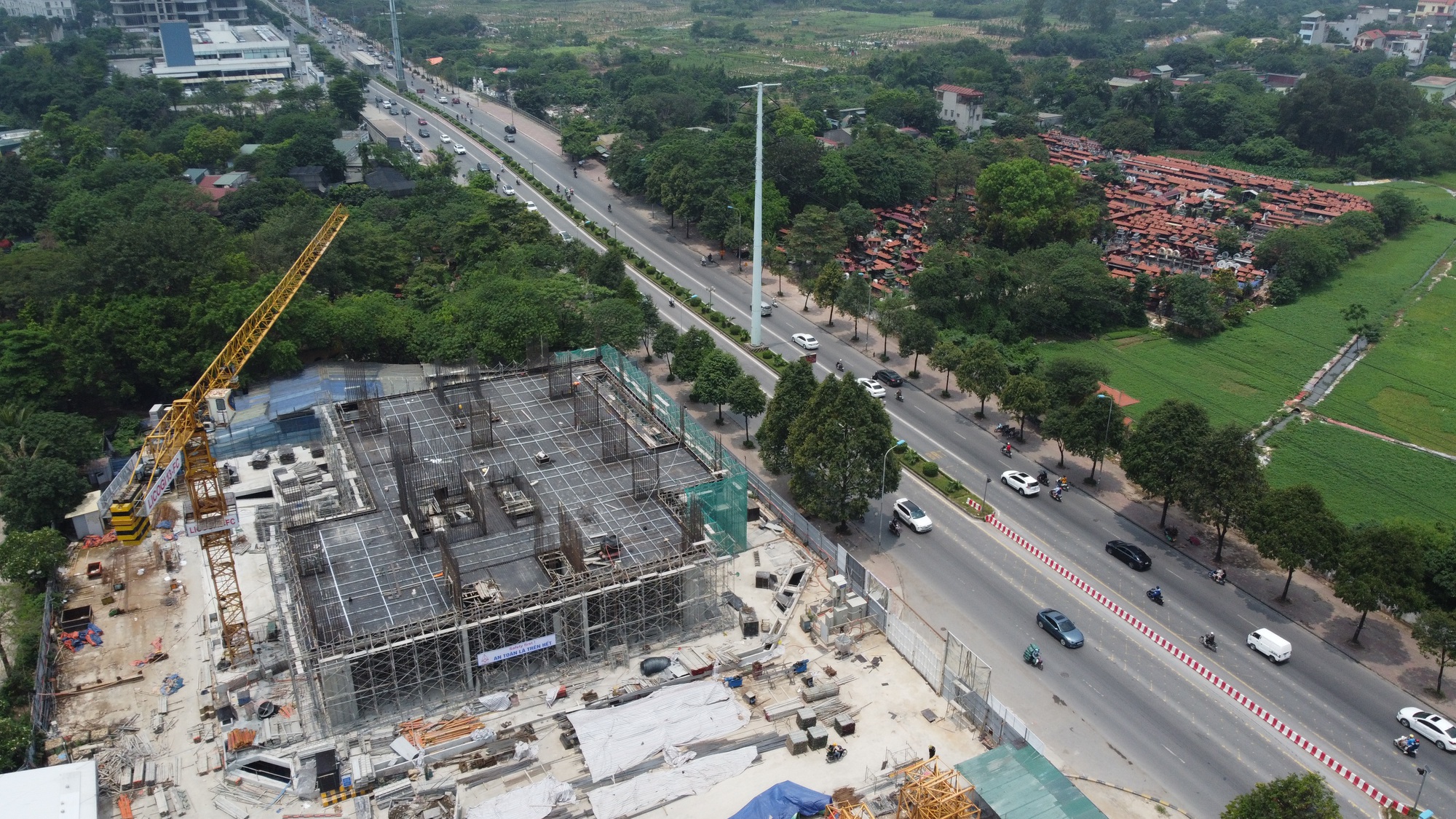
The NHS Trung Van social housing project on To Huu street has built the main body.
Also according to broker Truong, the price difference this time is about 50% higher than after the Lunar New Year due to the large number of home purchase applications submitted to the investor. In total, the price for customers buying diplomatic quotas for each apartment in the project is about 24 million VND/ m2 , equivalent to over 1.7 billion VND/apartment of 70 m2 . However, diplomatic quotas are not always available, the NHS Trung Van social housing project is very hot on the market.
Due to a severe shortage of supply, social housing, although old, has increased in price sharply, even doubling in price. At The Vesta Phu Lam social housing project in Ha Dong District, before 2018, the investor, Hai Phat Company, sold for no more than 15 million VND/ m2 . Up to now, the price of apartments in this apartment complex has been traded from 25 - 30 million VND/ m2 ...
Dong Mo social housing in Dai Kim Ward (Hoang Mai District) was built by Handico5 Company and sold for no more than 15 million VND/ m2 . In 2016, people were handed over the houses. Up to now, apartments here are traded at prices ranging from 30 - 35 million VND/ m2 depending on location and direction.
Similarly, the social housing of Rice City Linh Dam apartment building in Tay Nam Linh Dam urban area (Hoang Liet ward, Hoang Mai district) had an initial selling price of no more than 15 million VND/ m2 . In 2016, people received their houses, and now it has been 7 years, and many apartments are being sold for 33 - 36 million VND/ m2 .
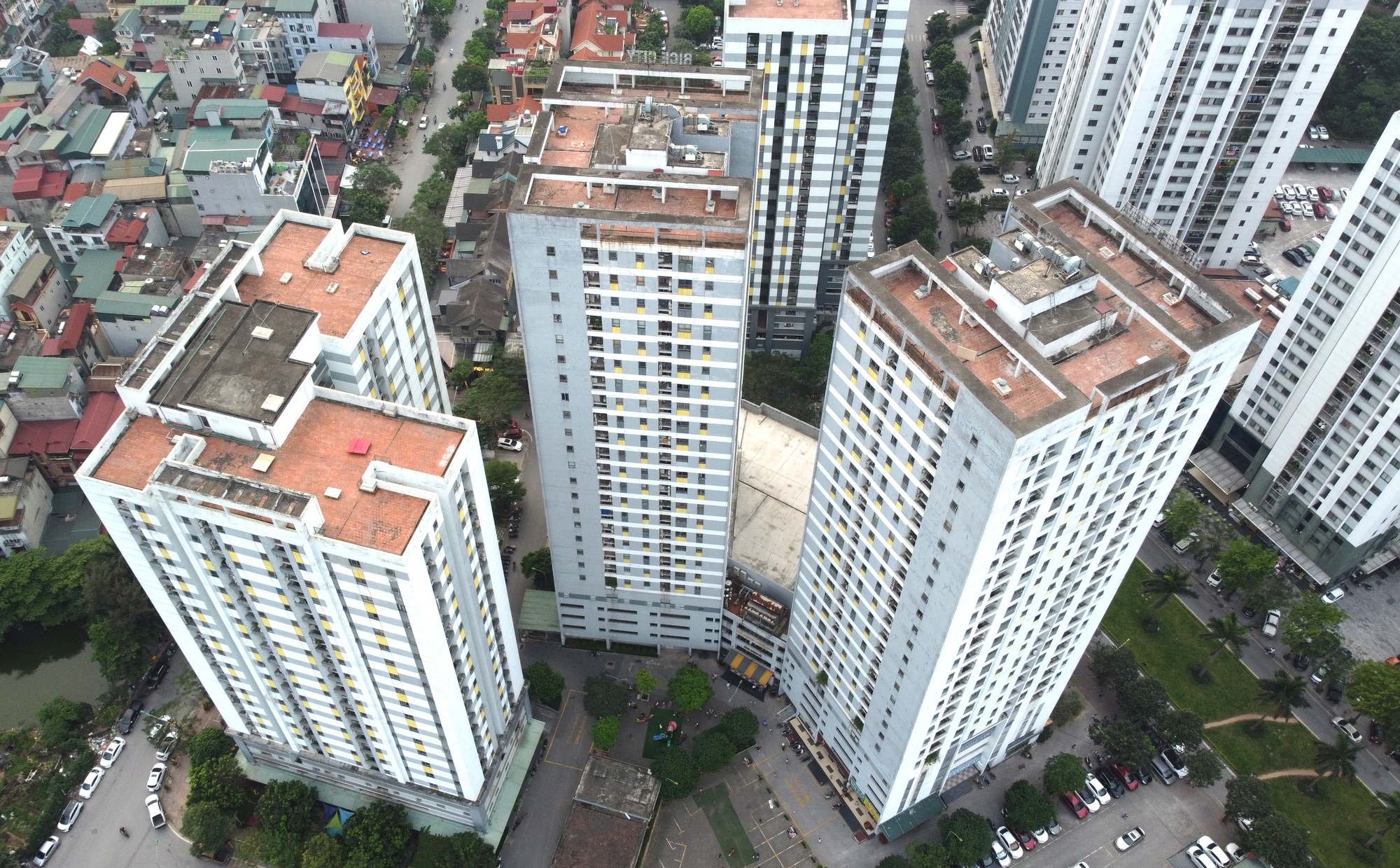
Apartments at the Rice City social housing project in the Southwest Urban Area of Linh Dam Lake have more than doubled in price compared to the time of handover, despite having been used for many years.
Mr. Nguyen Van Dinh, Vice President of the Vietnam Real Estate Association, said that the price of social housing in Hanoi increased sharply because the new supply was too little, while the demand was too strong. Not only in Hanoi, but also in many other cities such as Ho Chi Minh City, Da Nang ... housing for the working class is in great shortage.
At the same time, the real estate market has just experienced a fever in 2021 due to the Covid-19 pandemic, causing the flow of money in society to be blocked, pouring into real estate, causing prices in all segments to increase. When the Covid-19 pandemic temporarily subsided, fear of inflation caused people to continue to pour money into buying houses in urban centers, including apartments, causing prices to remain high after a sharp increase.
"The sharp increase in housing prices makes it even more difficult for the working class to own a home. The harder people work, the harder it is to own a house because their income and savings increase too slowly compared to the increase in apartment prices, and not everyone is eligible to borrow money from the bank to buy a house, nor can they afford the interest rates. To solve the social housing crisis, many people expect the government's policy of building at least 1 million social housing apartments. But to be successful, it is necessary to loosen more incentives on interest rates and policies on developing land funds for social housing," said Mr. Dinh.
Hanoi "broke down" social housing
According to the audit results of the social housing development program of Hanoi City in the period of 2015 - 2018 conducted by the State Audit, the city only achieved 14% of the social housing development plan set for the period of 2015 - 2020. If including 10 projects completed in the period of 2019 - 2020, Hanoi City only achieved 38% of the planned target, many projects are behind schedule.
The State Audit pointed out that, according to the plan, by early 2015, 6 social housing projects were expected to be completed, but 6/6 projects were not completed as planned (3/6 projects have not yet started construction; 3/6 projects are under construction but behind schedule).
From 2016 to 2020, according to the plan, it is expected that 15 social housing projects will be built and completed, but by early 2020, no project has been completed (2/15 projects have not started construction; 7/15 projects have not been approved for investment policy or approved for investment project; 1/15 projects have no information on implementation status; 2/15 projects have stopped implementation and cannot build social housing or have been revoked; 3/15 projects have been approved to change their investment target to commercial housing)...
Source link



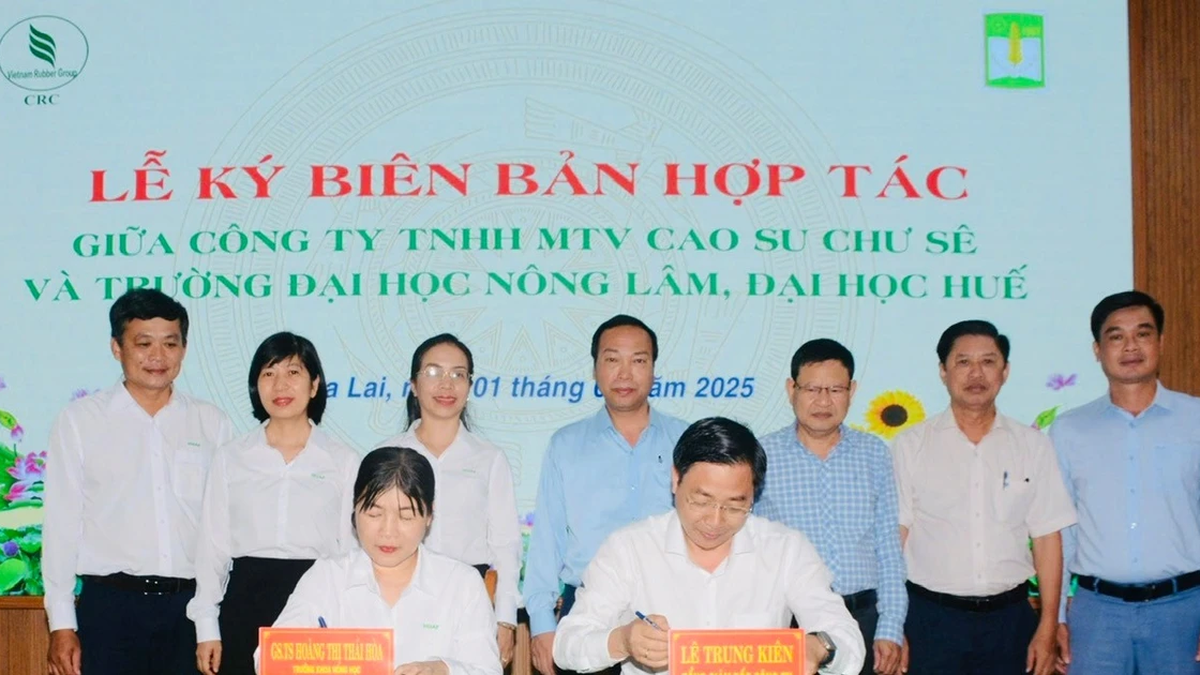

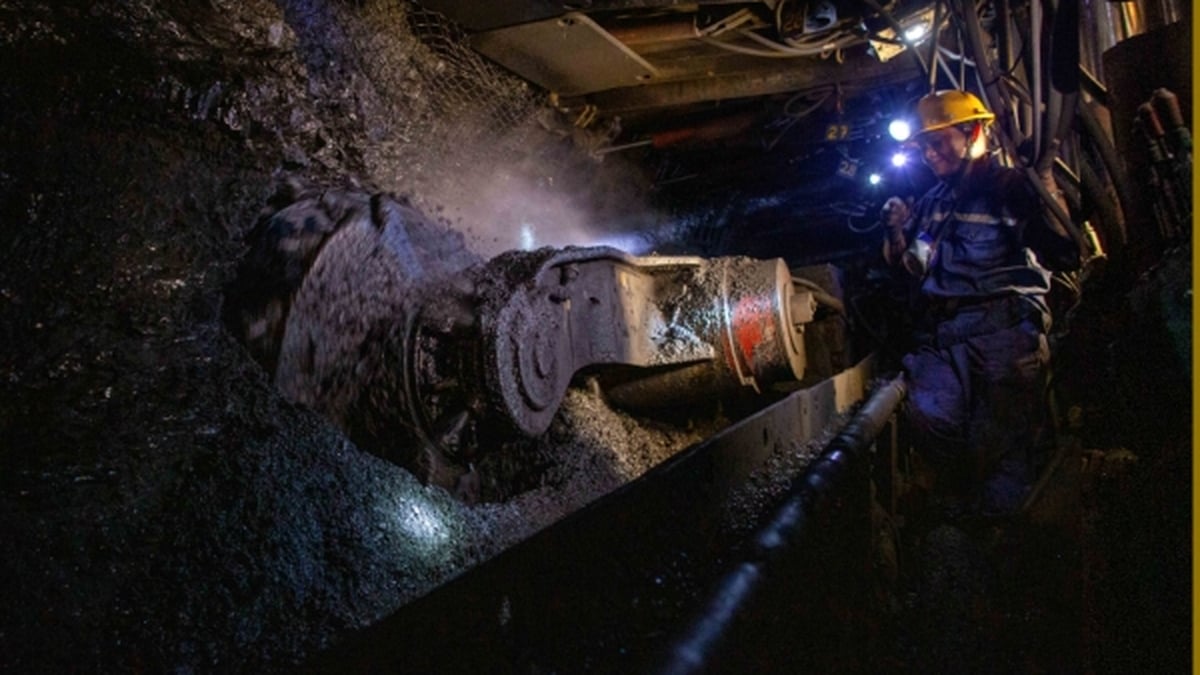


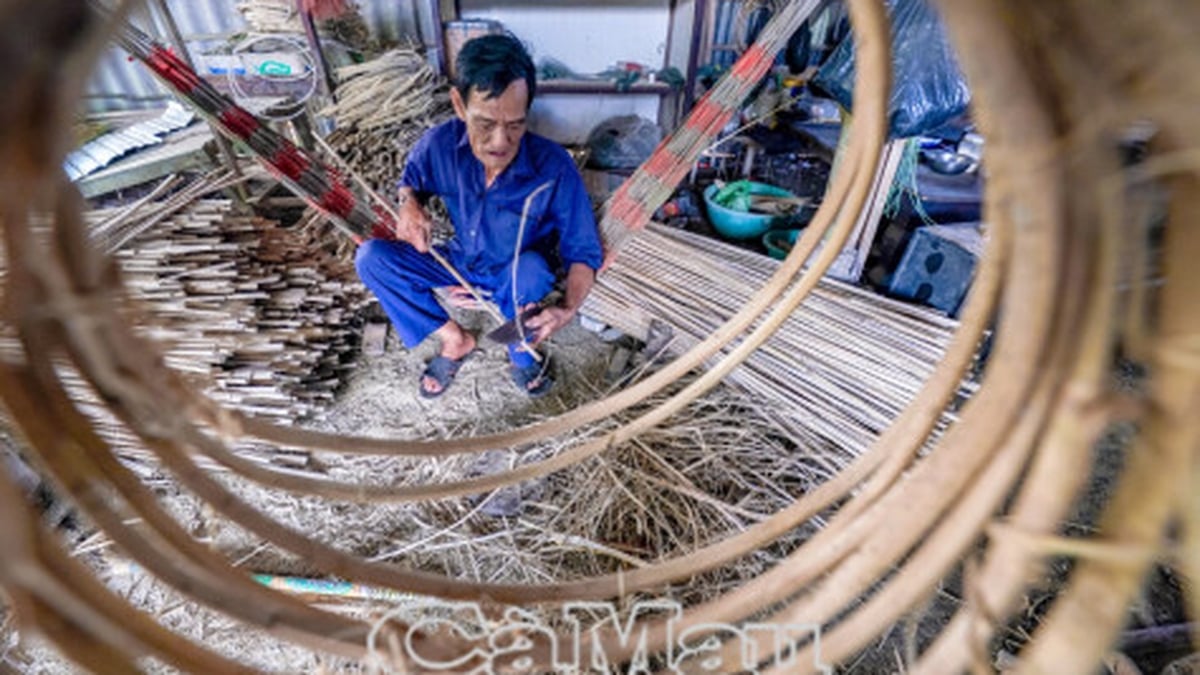

































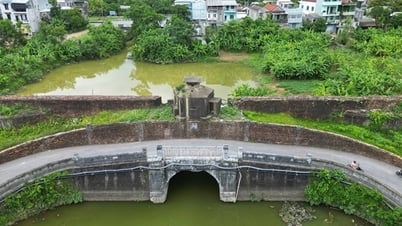











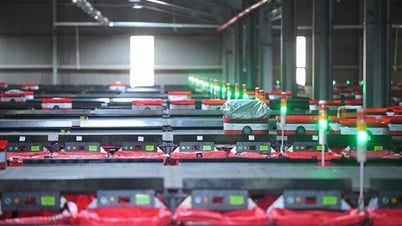



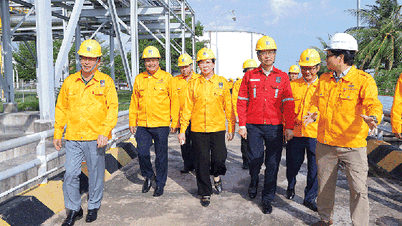





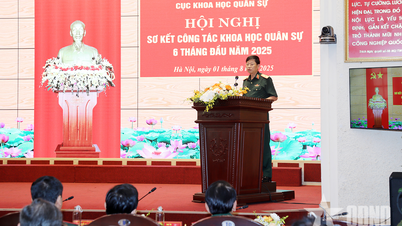
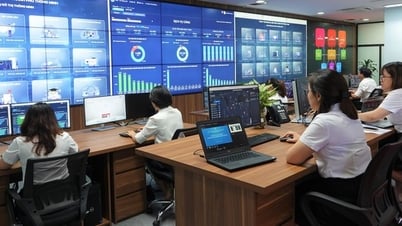
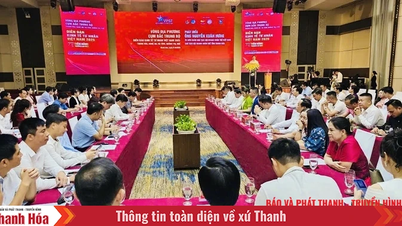

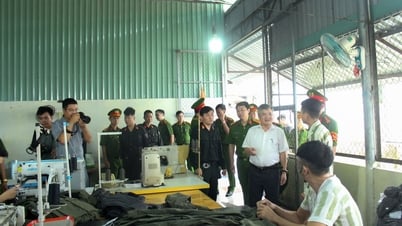









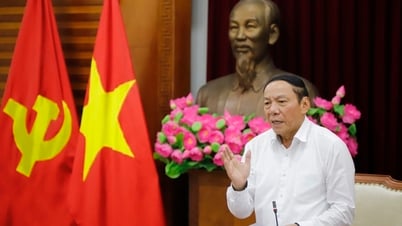
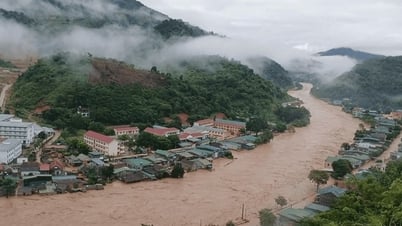























Comment (0)